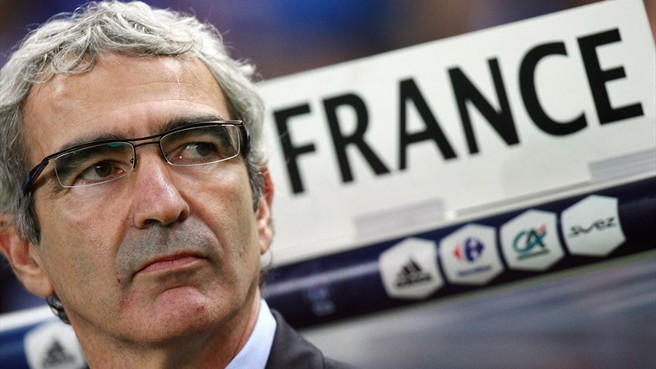
Tired, robbed and under too much pressure are just a few of the excuses which accompanied England's disastrous exit from the World Cup in South Africa at the hands of a classy Germany outfit.
That was the long and short of it. Germany were classy, far classier than England, but why has it become so hard to admit? It may have something to do with being beaten by our nemesis but it may have more to do with our unjustified belief that we are a force to be reckoned with on the international stage.
The facts are stark and paint the picture, a real picture. England have won just one World Cup, in 1966, and have not won a single European Championship. Yet somewhere along the way we, as a nation, lost all touch with reality almost as though we are still caught in a drunken haze which has lasted for forty-four long years. The truth is, bear we admit it, we're just not good enough.
This isn't to say we can never win a major tournament, far from it. With the right balance and work ethic we could beat any nation on our day but it is rarely our day and the players rarely display the work-rate the adoring fans so desperately expect. David Beckham divides opinion as a footballer but if a poll was conducted to find out his greatest match as an England player, it would, undoubtedly, be his ninety minutes as captain versus Greece in a qualifier for the 2002 World Cup Finals. It was inspiring, it exuded pride, it was magnificent. It says a lot that 8 years on, that single performance has not been matched, yet alone topped.
In South Africa it was reported by the media that England's poor performances in the group stage were because of Fabio Capello's disciplinarian approach. Not once did the media take a step back and wonder if their own input was helpful. After all it is the media who coined the phrase "golden generation" in an attempt to glamourise a core group of players which were, given the term, seen as world-beaters. Yet, on their exit from the finals, pundits and sections of the media were baulking at the failure of this "golden generation" whilst conveniently forgetting that this was a label forced upon these players, not the other way around.
Not that the players don't like it of course. Why wouldn't they? Labels like "golden generation" and the infinite number of superlatives lauded upon our players week after week massage their ego's better than any Indian head masseur could ever achieve. So why then, did the media object so strongly to Capello's proposed introduction of a player-rating system? The Capello Index, as it was titled, was a process whereby the nation would be able to see how the England manager rated every player's individual performance via the Football Association's (FA) web site. These plans were, shamefully, shelved in the wake of a media onslaught which questioned the benefit and effect this would have on the players. Did the media stop their own ratings of players during the tournament? Of course not.
And here we stumble on the incessant disease which manifests itself within the coverage of the England football team. As with so many of his predecessors, Capello was not allowed to manage. Perhaps if he was given free reign to do as he pleased the results may have been different, maybe they wouldn't; we'll never know. The Capello Index was the perfect tool to bring a much-needed sense of reality to a squad of players who are so often criticised for losing touch with reality. Perhaps the media didn't want it because it would mean one less criticism to stab at the players or perhaps the media felt redundant that their own player ratings and comment would be overlooked by fans wanting to see what the man in charge thought.
For whatever reason it was, the FA should not have entertained any comment from the media but, in allowing them to voice their disapproval, the FA only served to undermine Capello and, in doing so, may have just lost one of the best manager's in the world.
